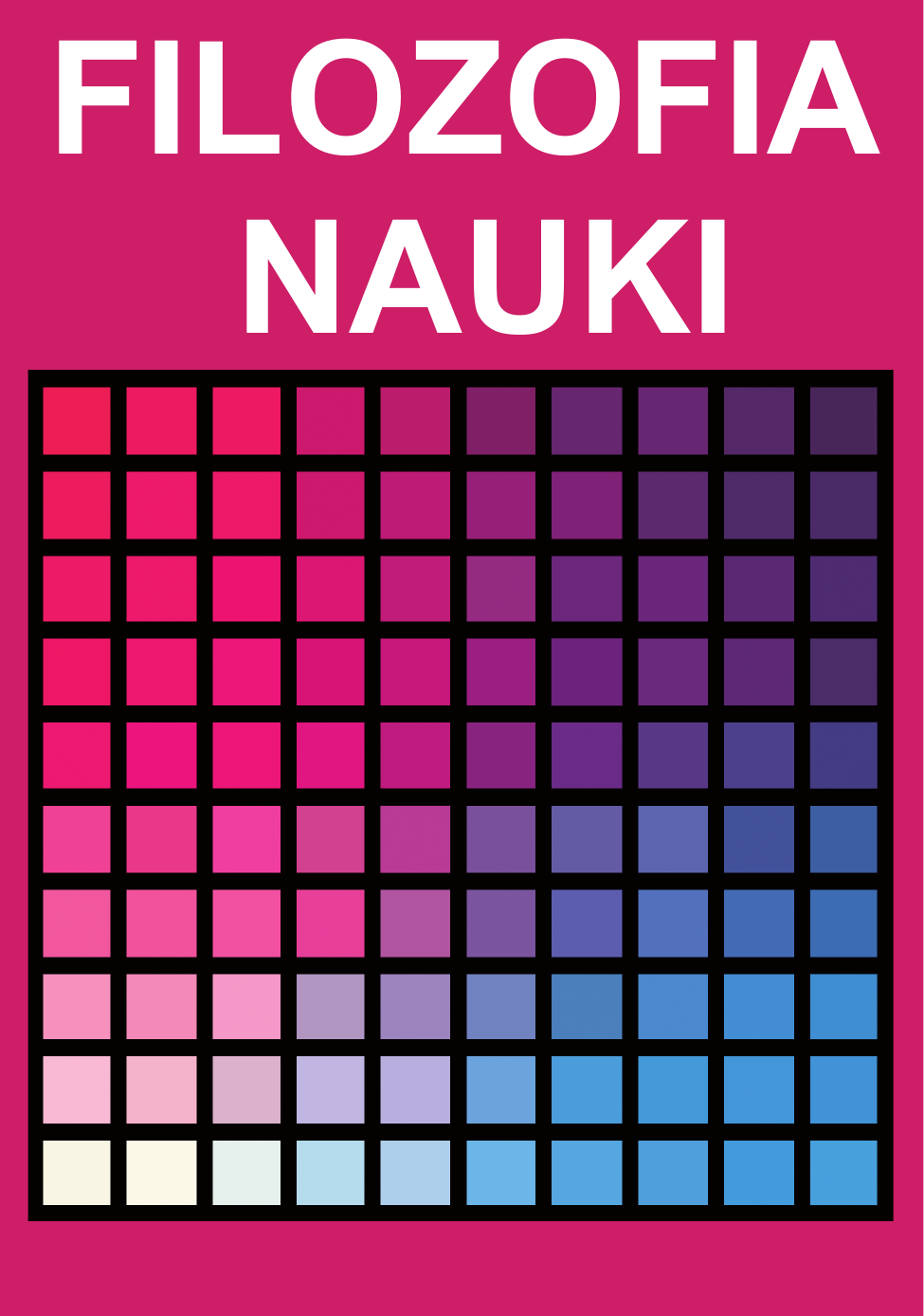Formal Construction of an Idea in Roman Ingarden's Ontology
Abstract
In this text I take into account Roman Ingarden's theory of general objects. Polish phenomenologist avoided most of paradoxes implied by traditional theories of universals pointing out the difference between two kinds of form inherent in general object, namely form of subject of properties and form of whole and parts. Every idea has twofold construction: as an idea (qua idea) it is a subject of peculiar properties and on the other hand it has a content consisted of so called constants and variables. The content of the idea has a whole-parts form. This however is inconsistent with other analyses of whole-parts form and of the character of constants and variables given by Roman Ingarden. In the consequence I claim that a third form, unique for general object, is needed. I also point out difficulty of indicating positive characteristic of general object (i.e. other than negation of properties of individuals).















 Filozofia Nauki/The Philosophy of Science | ISSN 1230-6894 | e-ISSN 2657-5868
Filozofia Nauki/The Philosophy of Science | ISSN 1230-6894 | e-ISSN 2657-5868